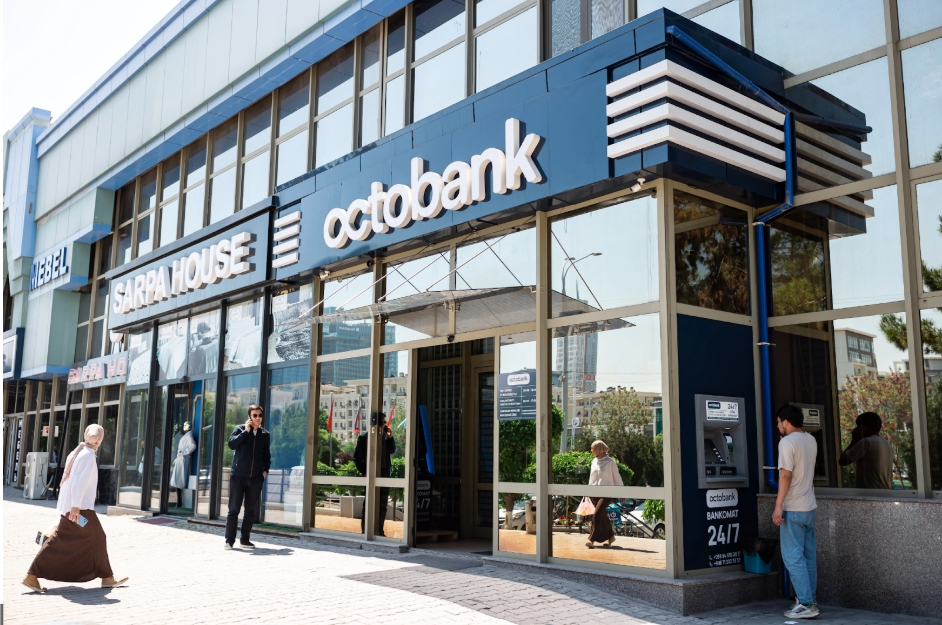
Foreign trade is undergoing the biggest overhaul of payment infrastructure in decades. International settlements no longer boil down to a single currency or one route: companies now combine SWIFT bank messaging, card schemes, instant domestic payments, and marketplace payment gateways. In this environment, the bank’s role is not only to “process” a payment, but to design a settlement strategy: route, currency, timing, documentary support, and compliance. Octobank is building exactly this architecture around the proven global SWIFT network—backed by FX liquidity, documentary instruments, and end-to-end support for foreign economic activity (FEA). This helps businesses cut costs, speed up settlements, and keep risk predictable.
SWIFT: The Global Standard for International Settlements
SWIFT is the world’s financial-messaging network connecting banks and financial institutions across hundreds of jurisdictions. Its strengths include:
-
Wide coverage of correspondent relationships;
-
Mature messaging standards (including ISO 20022);
-
A developed ecosystem of documentary instruments (letters of credit, guarantees, collections);
-
Well-established settlement procedures and compliance controls.
For companies, this means predictable timelines, transparent fees, compatibility with counterparties, and resilience to regulatory change.
What Octobank Clients Get at the Operational Level?
1) Cross-border payments and routing via SWIFT
-
Execution of international transfers with optimal routing through correspondent banks.
-
Managing crediting timelines with regard to cut-off times and settlement calendars.
-
Choice of settlement currency (USD, EUR, RMB, etc.) based on contract terms, logistics, and price effects.
2) FX liquidity and currency-risk management
-
Spot conversions in major currencies.
-
Tailored currency-risk solutions—by consultation with the bank’s treasury.
3) Documentary operations to mitigate risk
-
Letters of Credit (L/C) and bank guarantees as “insurance” for performance on both sides.
-
Collections (D/P, D/A) to balance speed and control for recurring shipments.
-
Configuring document sets (bill of lading, invoice, certificates) to counterparties’ and logistics requirements.
4) Compliance and FX control as a service
-
Preliminary screening of counterparties (sanctions lists, beneficiaries, geo-risks).
-
Advisory on HS codes, export/import contract terms, and supporting documentation.
-
Digital document flow with regulators—so payments don’t stall on formalities.
5) Digital channels and integrations
-
Corporate online banking with end-to-end logic: payment → FX → FX control → status tracking.
-
APIs for integrations—to automate payment scenarios and accounting processes, without promising specific client-side ERP connectors.
-
FEA reporting broken down by contracts, counterparties, currencies, and countries.
The Economics of an International Payment: What Drives the Final Cost
-
Route and number of correspondents: each link adds fees and time.
-
Currency pair: direct quotes are typically cheaper than cross-rates via “majors.”
-
Urgency: the value date (T+0/T+1) and hitting the cut-off affect cost and timing.
-
Compliance factor: enhanced due diligence in complex jurisdictions can extend timelines and add expenses.
The bank’s task is to design the route and FX corridor upfront so the client pays for the result, not for extra friction at hand-offs.
Risks and How to Minimize Them
-
Sanctions/geopolitical: regular counterparty checks, fallback routes, updated KYC files.
-
Operational (documents): errors in L/C or collections; prevented by checklists and a “dry run” of the document set.
-
Currency: FX volatility; mitigated via treasury-advised currency-risk solutions (including forwards where available).
-
Regulatory: repatriation deadlines, correct contract codification; best handled by digitizing and hard-wiring into processes.
Why Does This Work?
The global payment infrastructure has become polycentric, yet SWIFT’s universality and predictability remain key for companies that need reach, documentary instruments, and compliance reliability.
For Octobank clients, this translates into:
-
A reliable international perimeter via SWIFT and the correspondent network;
-
Transparent payment economics and control of timelines;
-
A documentary “safety cushion” when entering new markets and working with new counterparties;
-
Digitized processes so finance doesn’t slow down logistics.
Media Contact
Company Name: Octobank
Contact Person: Iskandar Tursunov
Email: Send Email
Country: Uzbekistan
Website: https://www.octobank.uz
